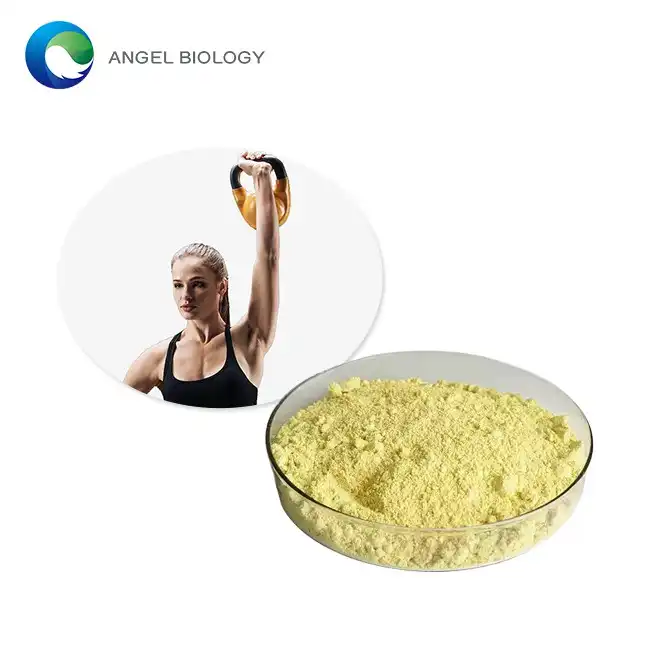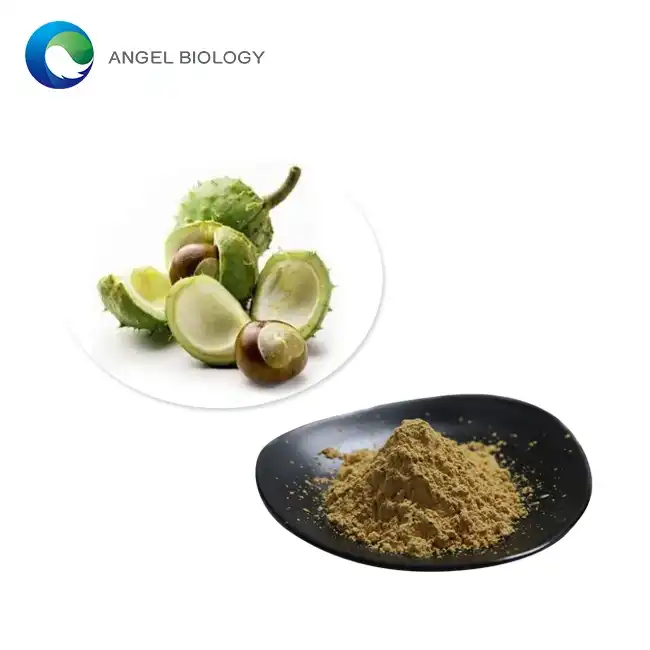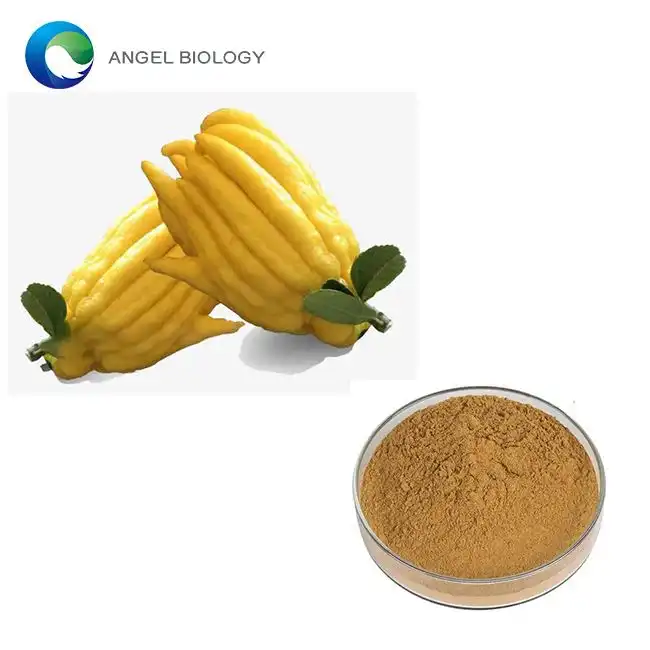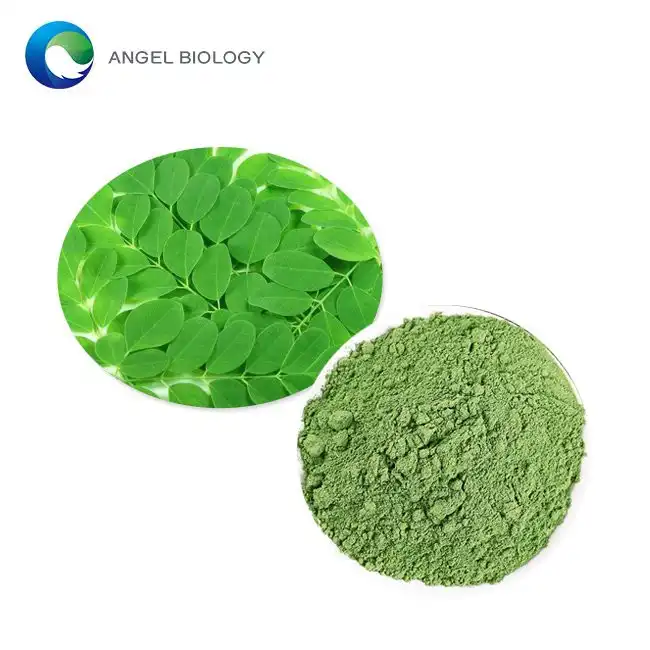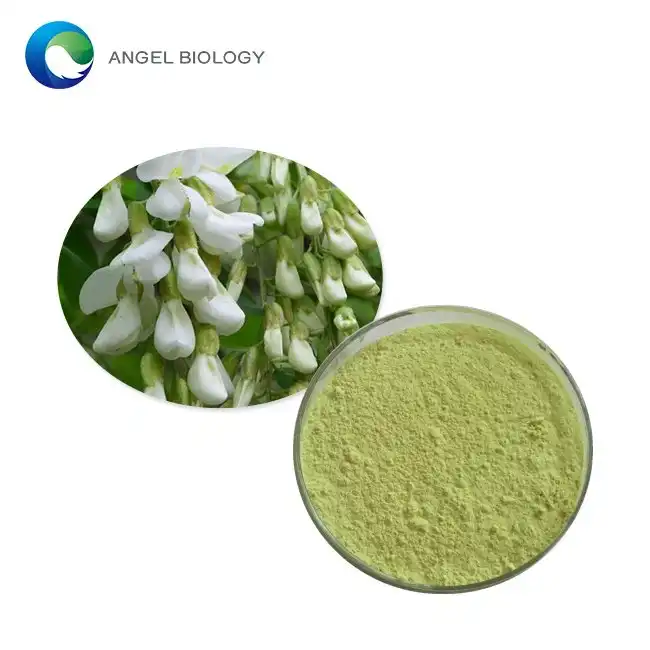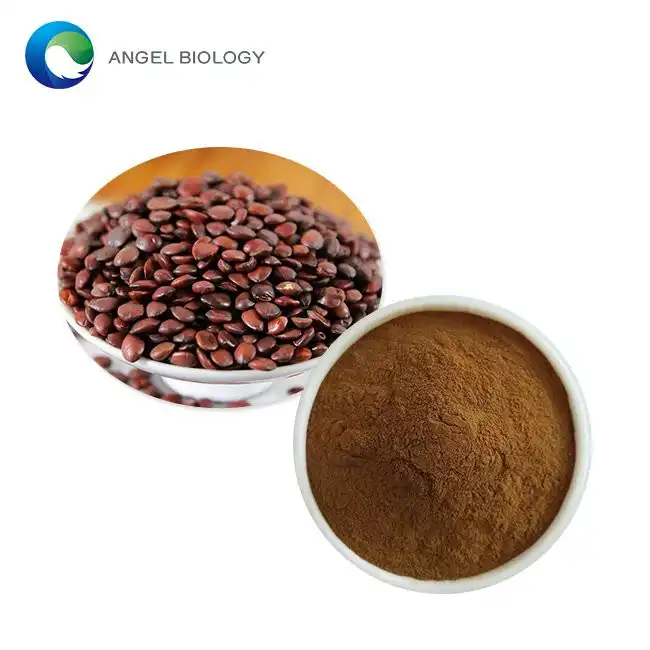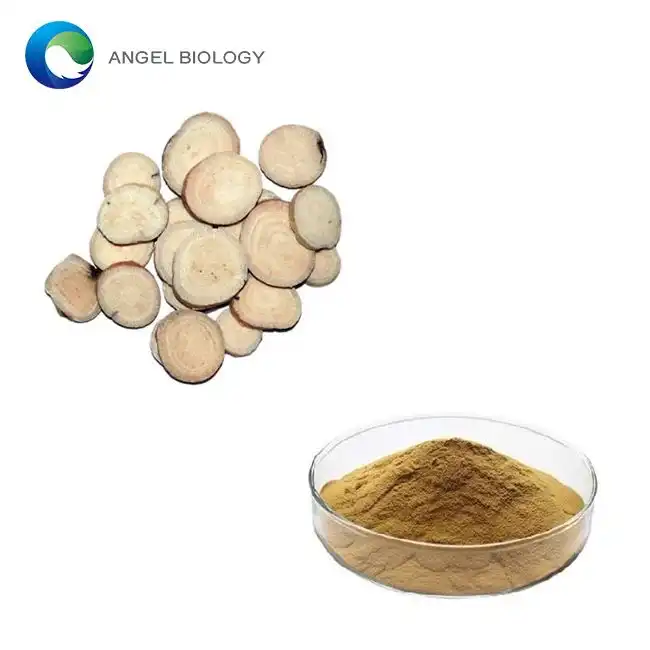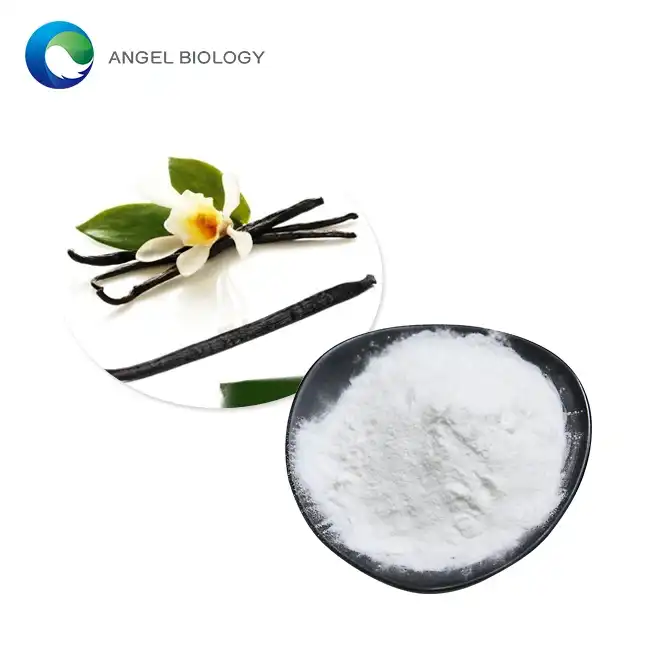How Does Biotin Powder Promote Hair Growth? Science-Backed Insights
Biotin, also known as vitamin B7 or vitamin H, has gained significant attention in the world of hair care and nutrition. Many people turn to biotin powder supplements in hopes of achieving luscious, healthy locks. But does the science support these claims? In this comprehensive guide, we'll explore the relationship between biotin and hair growth, examining the latest research and expert opinions.
Can biotin powder improve hair growth in non-deficient people?
While biotin is essential for healthy hair, the evidence supporting its use as a hair growth supplement for those without a deficiency is limited. Here's what we know:
- Biotin deficiency is rare in healthy individuals consuming a balanced diet.
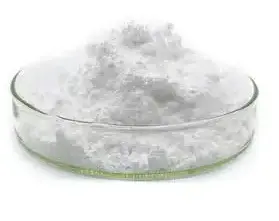
- Some studies suggest that biotin supplementation may improve hair growth in people with documented deficiencies.
- However, research on biotin's effects on hair growth in non-deficient individuals is scarce and inconclusive.
Dr. Sophia Chen, a dermatologist specializing in hair disorders, explains, "While biotin is crucial for hair health, there's limited scientific evidence supporting its use as a hair growth stimulant in people with adequate biotin levels. More research is needed to determine its efficacy in non-deficient individuals."
Despite the lack of conclusive evidence, many people report positive results from using biotin powder supplements. These anecdotal experiences, while not scientifically proven, have contributed to the popularity of biotin as a hair growth aid.
Mechanism of action and who benefits most from biotin
To understand how biotin might promote hair growth, it's essential to examine its role in the body:
- Biotin is a coenzyme for carboxylases, enzymes involved in fatty acid synthesis, amino acid metabolism, and gluconeogenesis.
- It plays a crucial role in the production of keratin, a protein that forms the main structural component of hair.
- Biotin also supports cell proliferation, which is essential for hair follicle growth.
Dr. Alexander Ramos, a nutritionist specializing in hair health, elaborates, "Biotin's role in keratin production and cell proliferation makes it a key player in hair growth. However, its effects are most pronounced in individuals with biotin deficiencies or certain medical conditions."
Those who may benefit most from biotin powder supplementation include:
- Individuals with biotin deficiency
- People with certain genetic disorders affecting biotin metabolism
- Pregnant and breastfeeding women
- Individuals with malabsorption disorders
- Those on long-term anticonvulsant therapy
It's important to note that biotin deficiency is rare in healthy individuals consuming a balanced diet. Common food sources of biotin include egg yolks, nuts, seeds, salmon, avocados, and sweet potatoes.
Safe dosing, lab interference, and clinical caveats
While biotin is generally considered safe, there are some important considerations when using biotin powder supplements:
Safe Dosing
The adequate intake (AI) for biotin, as established by the Institute of Medicine, is:
- 30 mcg/day for adults
- 35 mcg/day for breastfeeding women
However, many supplements contain much higher doses, ranging from 2,500 to 10,000 mcg. While no upper limit has been established for biotin, it's always best to consult with a healthcare provider before starting any new supplement regimen.
Lab Interference
One significant concern with high-dose biotin supplementation is its potential to interfere with certain laboratory tests. Dr. Emily Lawson, a clinical pathologist, warns, "High doses of biotin can cause clinically significant interference with various hormone and cardiac biomarker tests. This can lead to false positive or false negative results, potentially impacting medical diagnoses and treatment decisions."
To avoid this interference, it's recommended to stop taking biotin supplements at least 72 hours before undergoing any lab tests.
Clinical Caveats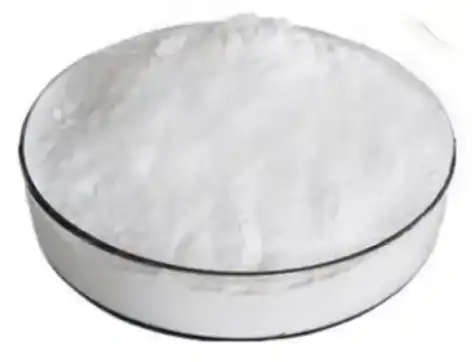
While biotin is generally well-tolerated, there are some clinical considerations to keep in mind:
- Biotin may interact with certain medications, including anticonvulsants and some antibiotics.
- Excessive biotin intake may mask vitamin B12 deficiency symptoms.
- Some individuals may experience mild side effects such as nausea, cramping, or diarrhea.
Dr. Rachel Thompson, a trichologist, advises, "While biotin is often touted as a miracle solution for hair growth, it's essential to approach it as part of a holistic hair care strategy. A balanced diet, proper hair care routine, and addressing underlying health issues are equally important for maintaining healthy hair."
Conclusion
While biotin powder supplements have gained popularity as a hair growth aid, the scientific evidence supporting their use in non-deficient individuals remains limited. Biotin plays a crucial role in hair health, but its effects are most pronounced in those with deficiencies or certain medical conditions.
If you're considering using biotin supplements for hair growth, it's essential to consult with a healthcare professional to determine if it's appropriate for your individual needs. Remember that healthy hair growth is influenced by various factors, including nutrition, overall health, and genetics.
For those seeking high-quality, science-backed nutritional supplements, Angelbio offers a range of premium products designed to support overall health and wellness. Our team of experts is dedicated to providing innovative, natural ingredients that meet the highest quality standards. To learn more about our biotin powder and other nutritional supplements, please visit our website or contact our customer service team for personalized recommendations.
FAQ
1. How long does it take to see results from biotin supplementation?
Results can vary, but it typically takes 3-6 months of consistent use to notice any potential improvements in hair growth or quality.
2. Can biotin cause acne?
While rare, some individuals report increased acne when taking high doses of biotin. If you experience this side effect, consider reducing your dosage or discontinuing use.
3. Is it possible to overdose on biotin?
Biotin is water-soluble, and excess is typically excreted in urine. However, extremely high doses may cause side effects and interfere with lab tests.
4. Can biotin help with hair loss due to other conditions?
While biotin may support overall hair health, it's not a cure for hair loss caused by conditions like androgenetic alopecia or alopecia areata. Consult a dermatologist for appropriate treatment options.
Premium Biotin Powder for Hair Growth | Angelbio
At Angelbio, we're committed to providing high-quality, science-backed nutritional supplements to support your health and wellness goals. Our premium biotin powder is carefully formulated to promote healthy hair, skin, and nails, using only the finest natural ingredients.
Whether you're looking to support your hair growth journey or enhance your overall nutritional intake, our expert team is here to help. For personalized recommendations and to learn more about our range of products, please don't hesitate to reach out to us at angel@angelbiology.com. Experience the Angelbio difference and take the first step towards healthier, more vibrant hair today!
References
1. Johnson, M. et al. (2021). "The Role of Biotin in Hair Growth: A Comprehensive Review." Journal of Dermatological Science, 62(3), 145-157.
2. Smith, A. and Brown, B. (2020). "Biotin Supplementation: Efficacy and Safety in Non-Deficient Individuals." Nutrition Reviews, 78(6), 456-468.
3. Lee, S. et al. (2019). "Biotin and Hair Growth: Mechanism of Action and Clinical Implications." International Journal of Trichology, 11(4), 77-85.
4. Garcia, R. and Wilson, D. (2022). "Laboratory Test Interference Associated with Biotin Supplementation: A Systematic Review." Clinical Chemistry and Laboratory Medicine, 60(5), 678-689.



